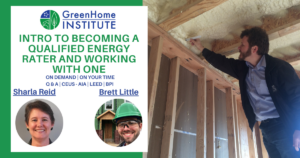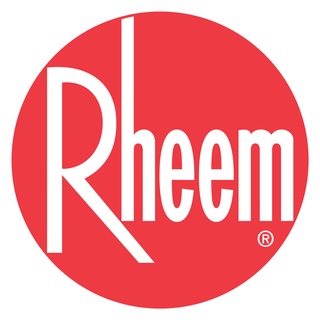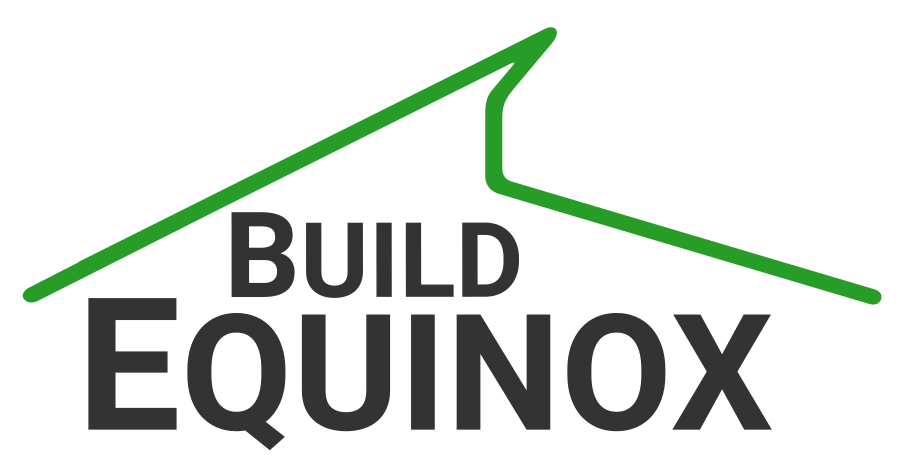One of the key players in the real estate transaction process is the appraiser. Much like a certified green home has a third-party verification, an appraiser provides an independent third-party financial analysis of a home.

However, it’s often difficult for buyers and builders of high-performance green homes to find appraisers that are knowledgeable about the characteristics of the home, can find appropriate sales comps on the Green MLS, and more importantly, who are able to attribute market value based on the home’s performance.
Fortunately this is starting to change. On Earth Day, the Appraisal Institute, a membership and professional development organization for appraisers, announced a call for collaboration to the real estate community. The goal is to facilitate data sharing for others in the financial transaction process (brokers, lenders, mortgage brokers, underwriters, etc). The thinking is that if appraisers can more easily have access to information about a LEED-certified home, that could serve as useful information as a comparable property for another high-performance home that is the subject of a valuation assignment.
An April 28 FoxBusiness.com story discussed how the need for green lending products and proper appraisals is driving a new market niche. The story reached a potential audience of nearly 1.75 million unique online visitors.
To find the best financing for green projects, the article recommended working with brokers, lenders and appraisers who are familiar with energy-efficient products, advising readers to turn to organizations like the Appraisal Institute to find qualified appraisers.
What you can do
So, what can you do to help the process along? First, make sure the appraiser assigned to your case is trained in green building. And second, help the valuation expert find homes that are comparable to yours. If you know of other homes that have been built in your area to any kind of green building standard or energy rated with third-party verification, let the appraiser know about this. It may not be a great comparable property, but then again, maybe it is.
Encourage your lender to share green education events or open houses so their loan officers and appraisers can learn more about local market activity.
Green builders can also help the real estate community by populating their local databases when available. Even a custom home built-to-suit can be listed on an MLS with a listing time of 1 day if the homeowner is comfortable sharing their price data. This can provide one more data point that will help support local market values.
All this and more will help lead to more data on high-performance green homes, such as LEED-certified, which will allow appraisers to identify appropriate adjustments to market value for green homes.





